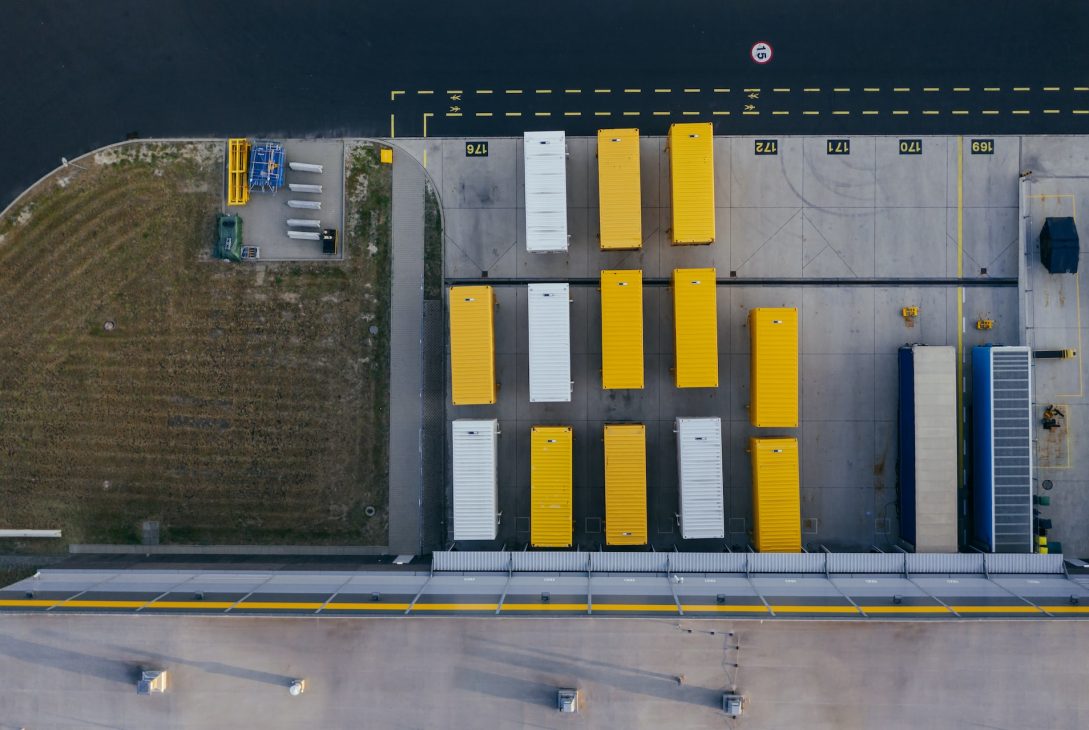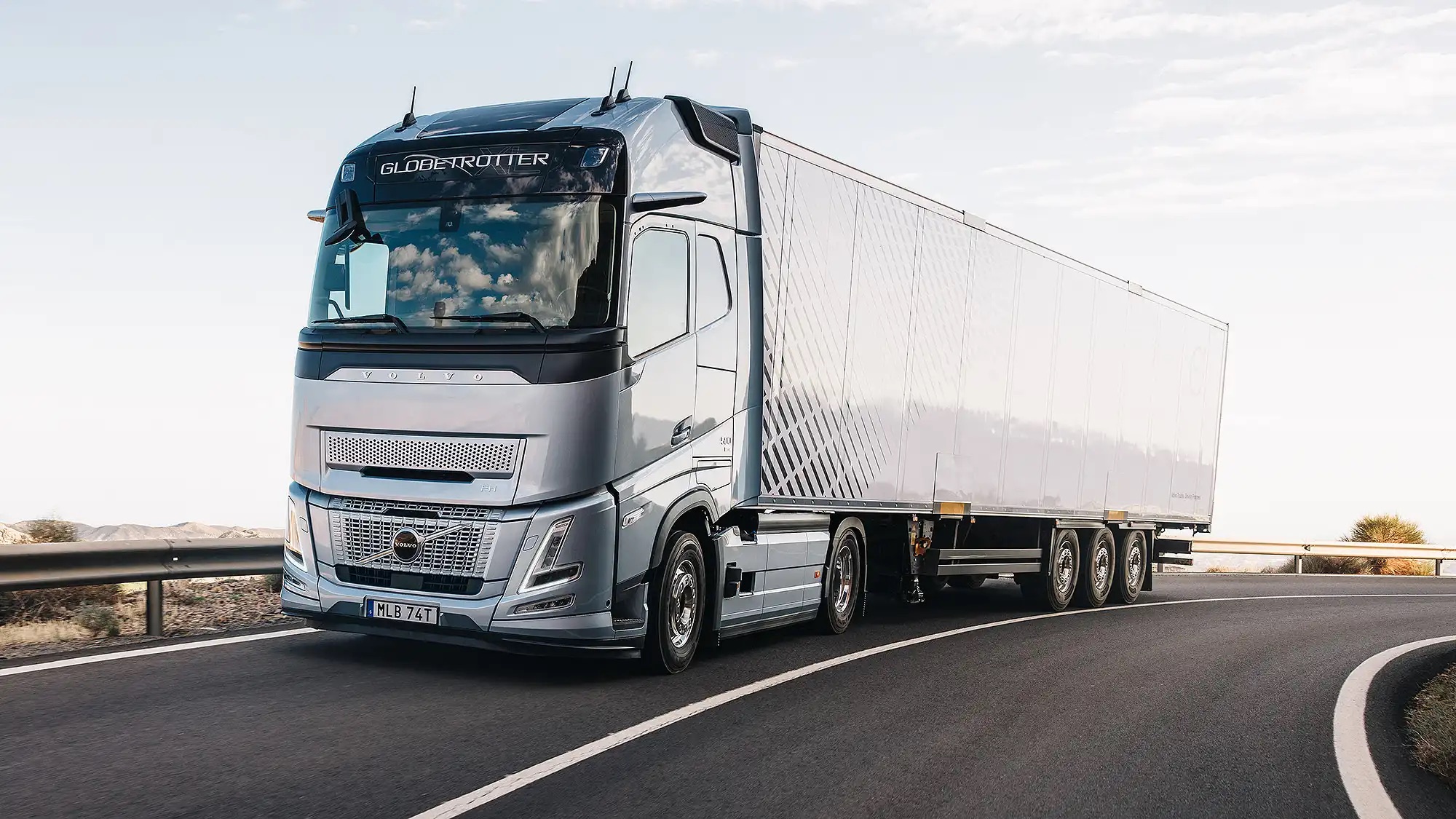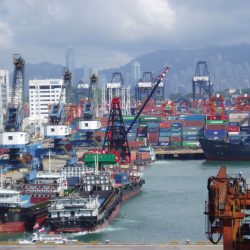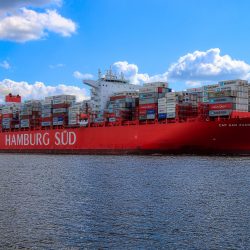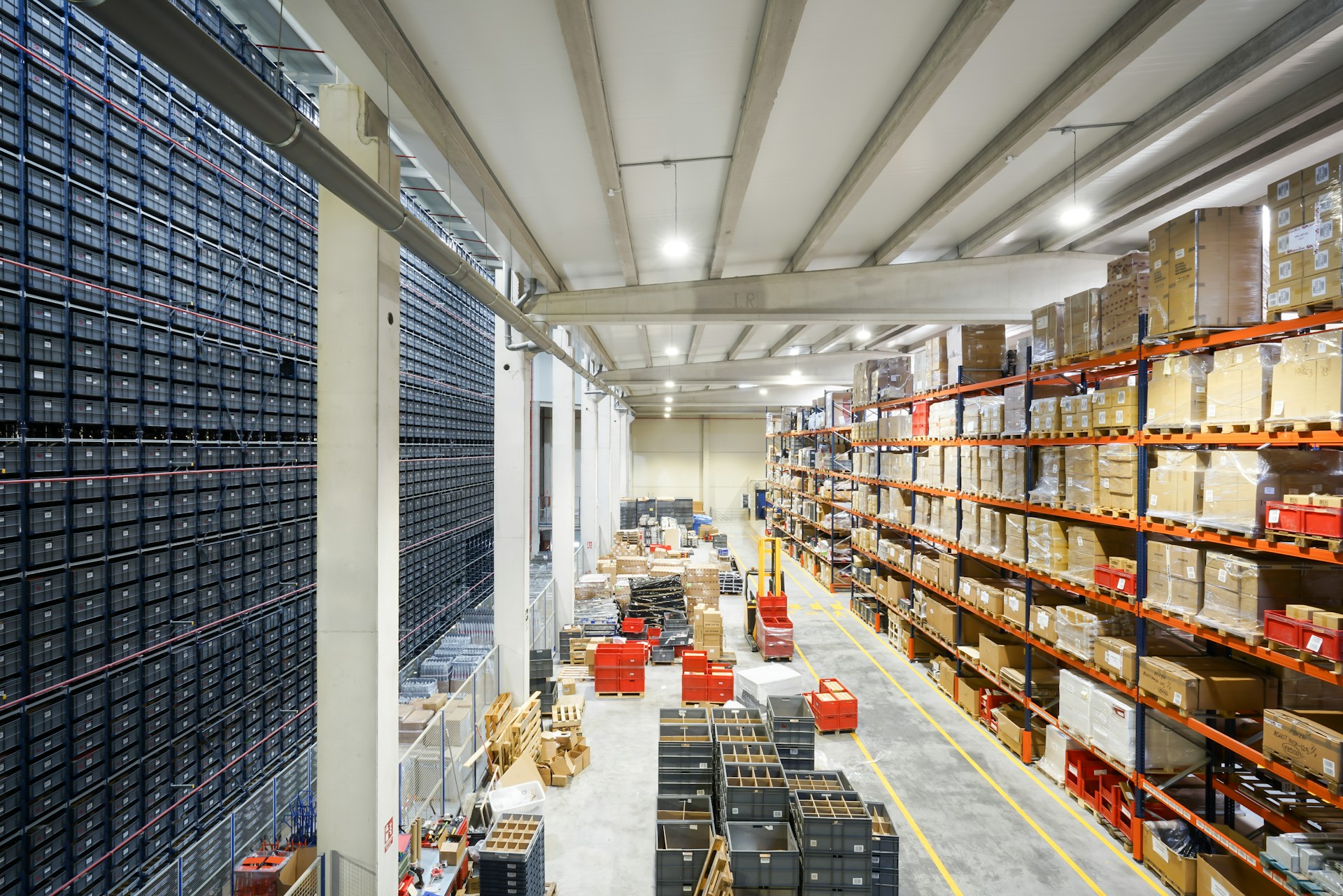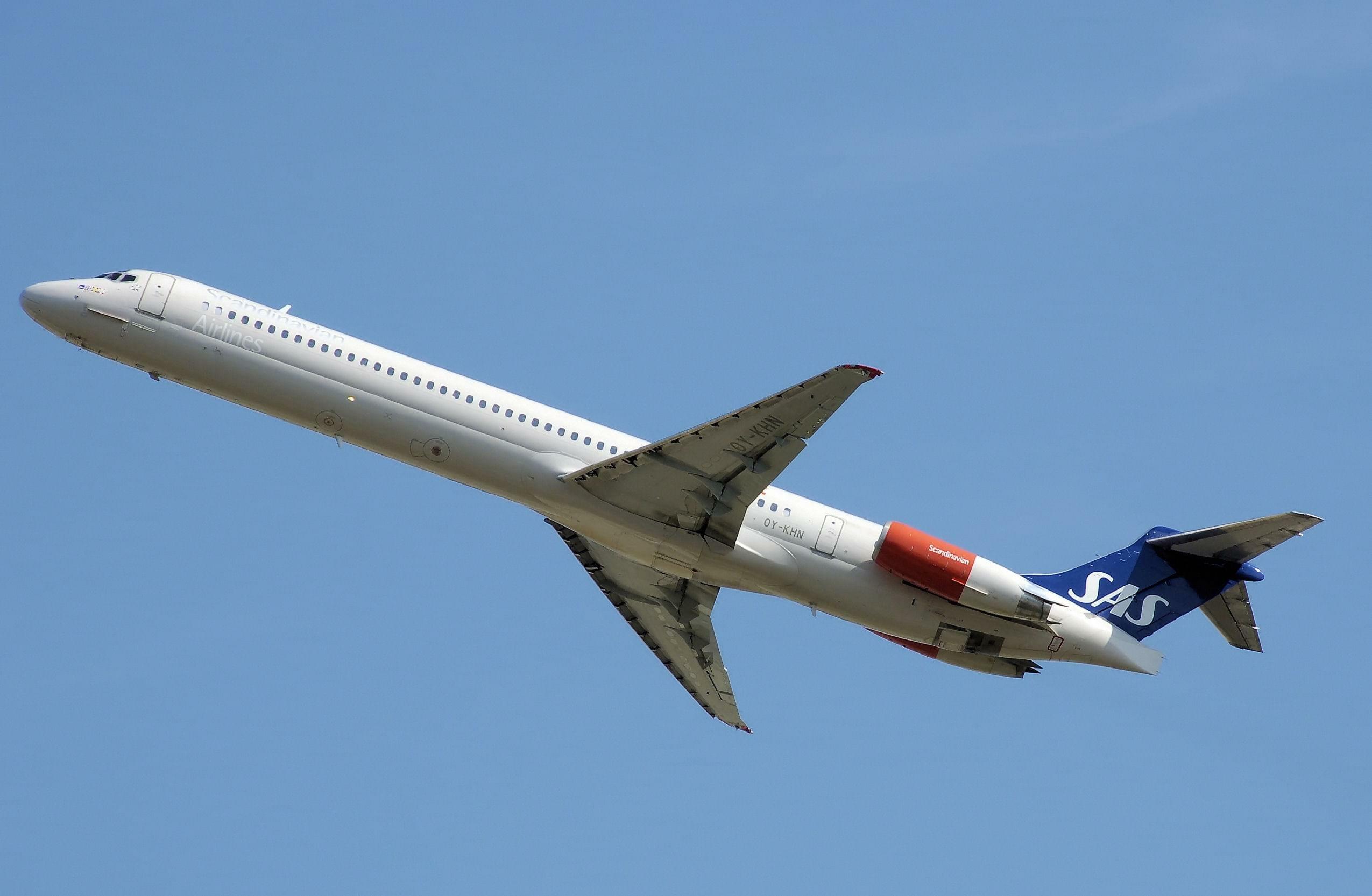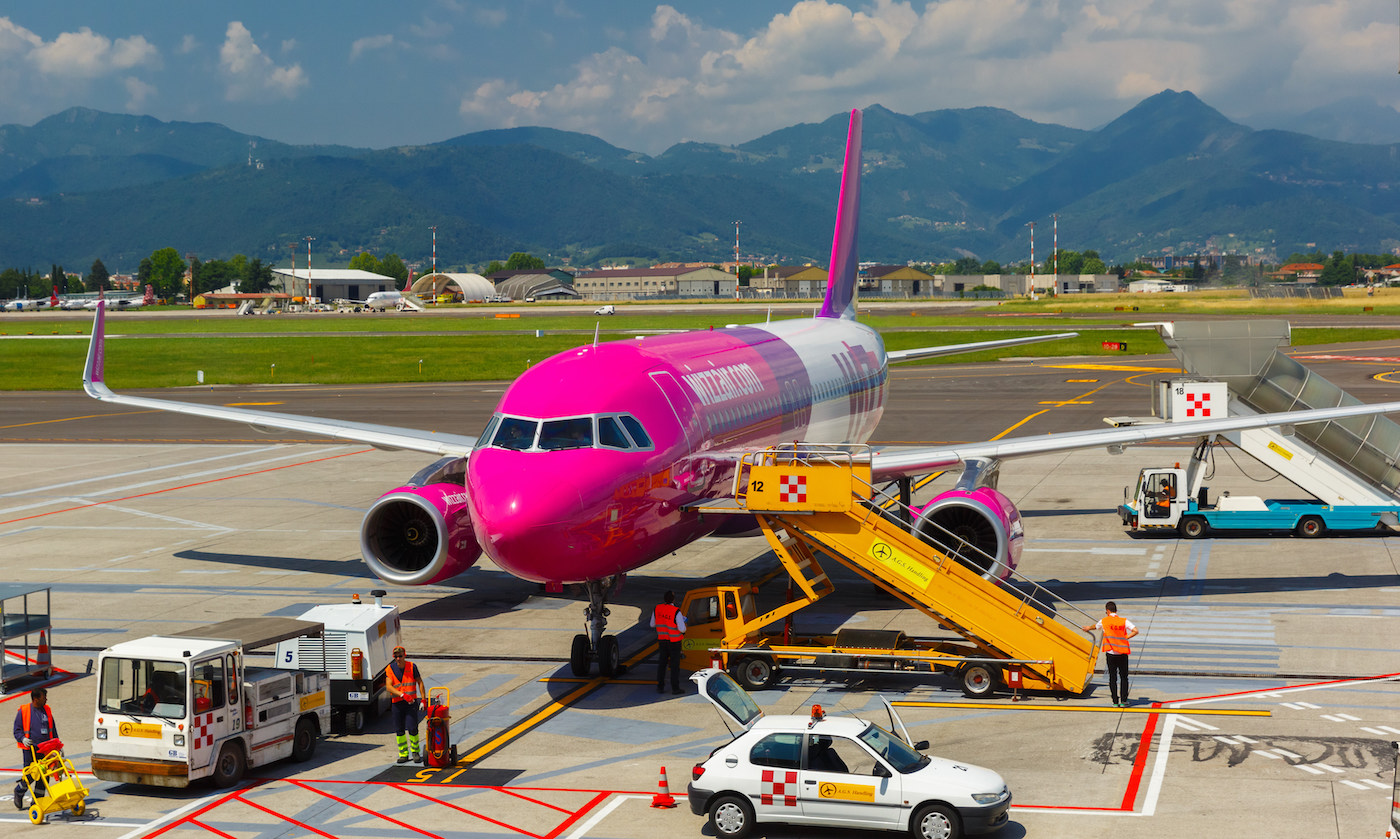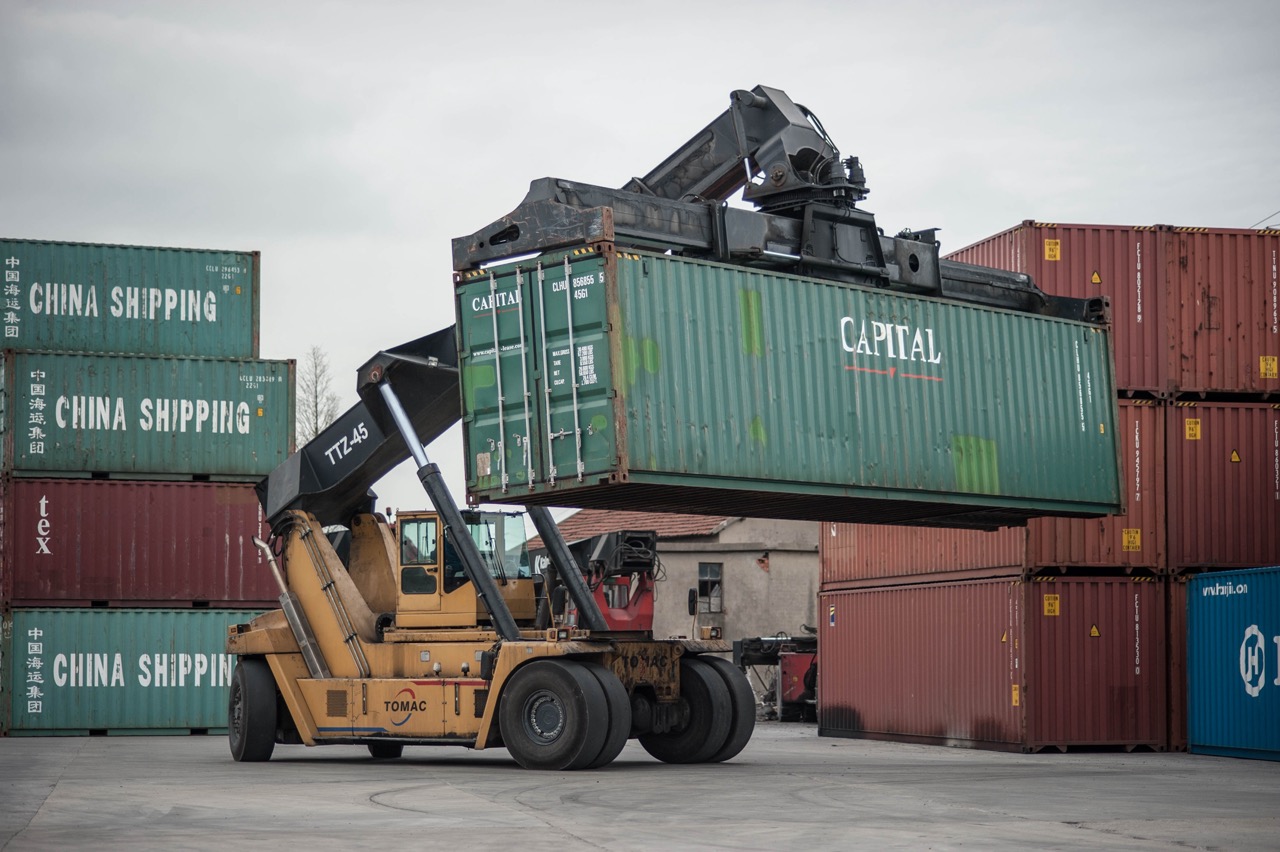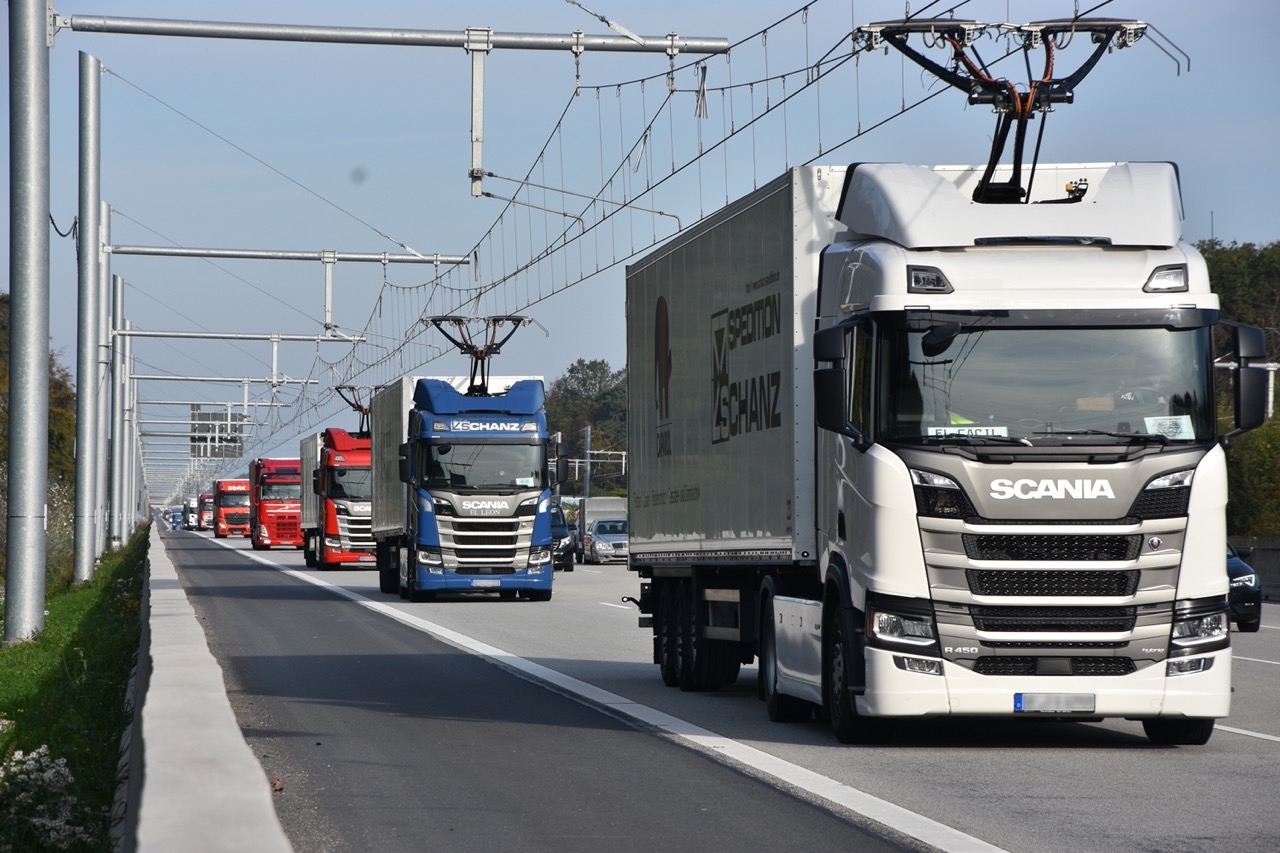New rules for the import of goods into the territory of Kazakhstan allow for increased control in the sector
The geopolitical conflict in Europe led to the imposition of a record number of sanctions on suppliers from the two countries. As a result, the global market had to rebuild the processes and connections already in place. The logistics sector was no exception, and its participants had to build new effective chains in a short time to avoid collapse. In this regard, the rules of road importation of goods into Kazakhstan from the European Union have changed. Now, to follow this route near the border with Belarus, foreign operators at terminals are re-hooking goods. In this case, they must have two types of documents, one of which is issued by the country where the cargo left for the terminal. The second document is issued by the states where the cargo was transferred to the territory of Kazakhstan.
Such rules were introduced by the government after it was decided to introduce transshipment or transloading of goods. At the same time, there has been a significant increase in violations of the mechanism of transportation from third countries to Kazakhstan. As a result, the Ministry of Foreign Affairs sent a corresponding request to other countries, which carry out logistics processes through the territory of Kazakhstan. The parties came to an agreement, and a decision was made to issue documents that would allow transporting of goods under legal conditions.
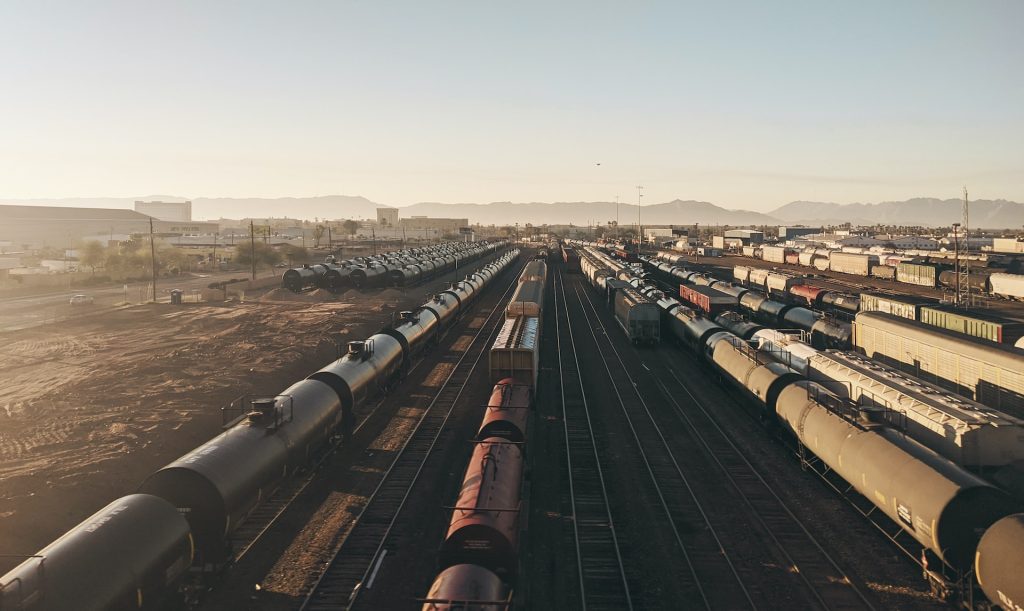
Transshipment involves the replacement of a truck when it passes into the territory of another country. It is allowed only if the new carrier is registered in the territory of the same country as the previous one. It should be noted that not only Kazakhstan resorts to this practice, but many states also use this mechanism to support domestic operators. Violation of this rule when crossing the border of Kazakhstan entails the imposition of a fine. The need for the transshipment arose because of the sanctions imposed on Belarus by the EU, which, in turn, banned European carriers from transporting cargo through its territory. The way out of this difficult situation was the rechain, which allowed the logistics operations from the EU to other countries. In this case, at the border with Belarus, the tractor or truck is replaced by local numbers, and then the carrier is changed again.
However, this situation can have a negative impact on the transport sector of Kazakhstan. Many Belarusian operators receive registration in Kazakhstan, which seriously affects local companies. Market participants demand from the authorities to tighten control over logistics processes in order to protect local businesses and avoid sanctions from the EU. According to analysts, if the situation does not change, carriers from Kazakhstan may lose a global market share of about 10%.

